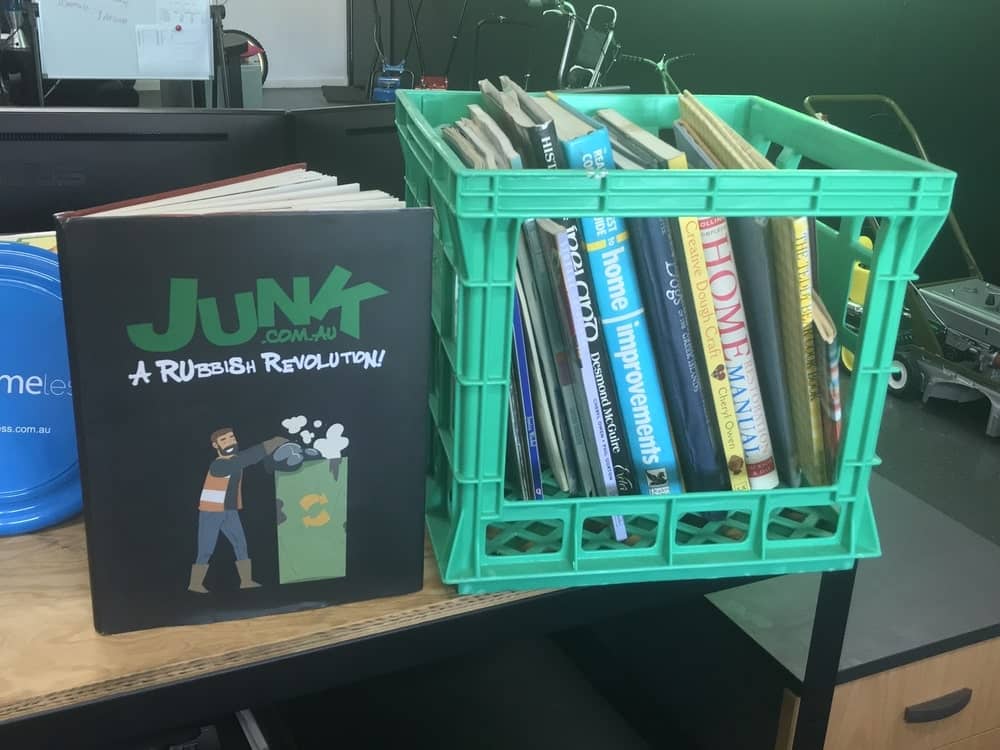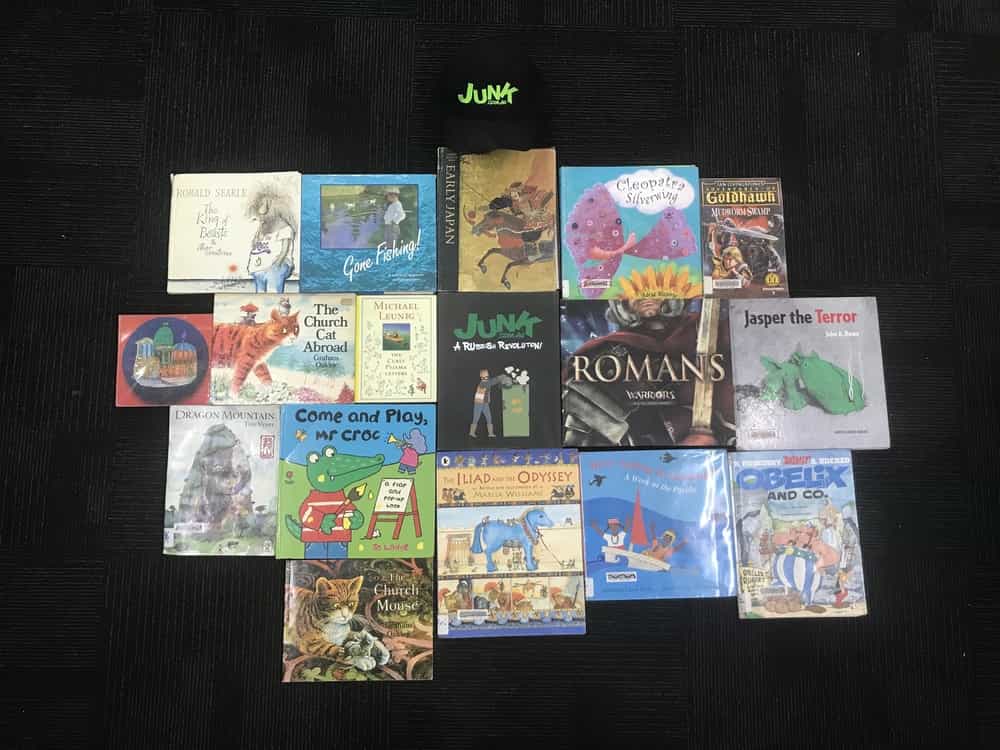JUNK KIDS LIBRARY PROGRAM
JUNK KIDZ is an initiative by Junk.com.au to help improve the literacy and in particular the reading skills of children in care.
While our Foster care system for children in Australia is of enormous importance the current system is struggling.
In 2015 there were 43,399 children under 18 living in various types of care, 10 Years earlier there were 25,454. The numbers have nearly doubled.
What’s even more disturbing is that for example, NSW has the largest number of children in care by far accounting for almost half of our countries wards. Indigenous children in care are massively overrepresented with up to 40% of children in care in NSW being indigenous.
One of my most concerning statistics is that 60% of homeless people have at some stage been in care.


HOW CAN JUNK KIDS HELP?
Our JUNK KIDZ program is aimed at improving the literacy of children in care.
A report by the Australian Institute of Health and Welfare (AIHW) has found that while 81.4% of year 3 students in care met the writing benchmark, this reduces to 43.9% for year 9 students. In year 7, just 70.9% of students in care met the reading benchmark, compared to 94.2% of students nationally.
This is similar for year 5 numeracy, where 71.3% met the benchmark compared to 93.4% nationally.
With approximately 59,000 children living in care in Australia currently, this is a significant issue.
Young Australian children often enter care as a result of neglect or abuse, which has substantial impacts on their well-being, language development, social inclusion and literacy.
AIHW spokesperson Justine Boland explains that children in care have “complex personal histories and multiple forms of disadvantage, including poverty, maltreatment, family dysfunction and instability in care and schooling”.
Students who are placed in care often start off with lower learning outcomes. They tend to have fewer opportunities to engage in learning outside school, such as reading with an adult. They continue to experience lower levels of academic engagement as they get older and are increasingly disadvantaged.
